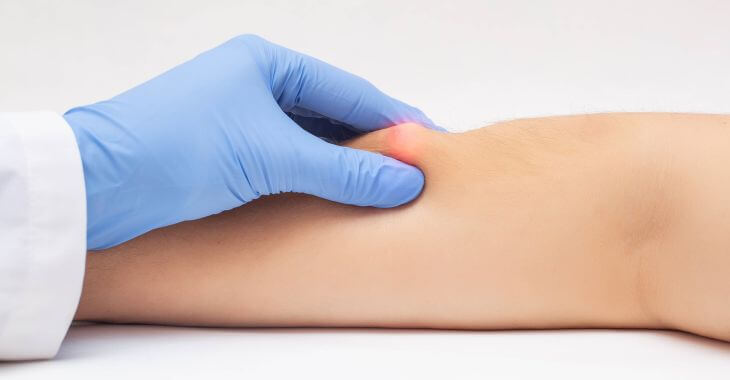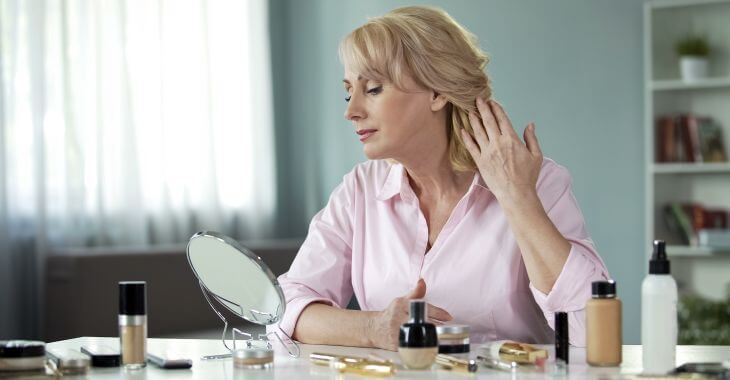Treatments for Fungal Toenail Infections
Do you have a yellow spot on a toenail that is beginning to get darker? It could be a fungal infection that is under the toenail, damaging the nail bed. If left untreated, the infection can worsen, causing discomfort, odor and possible loss of your toenail. The best option to cure the infection is to seek treatment from a dermatologist, giving you medication to fight the infection and save your toenail.
Fungal toenail infections occur when the toes are exposed to warm, moist environments where fungus live. The fungus spreads in areas where both feet and warm, moisture exist – usually in public showers or pools where bare feet and water abound. Nail salons are also a prime suspect if you get a fungal infection shortly after a pedicure. Although they should be sterilizing their instruments between clients, it is common for fungus to be spread at these establishments. Some people are more susceptible to fungal infections, but anyone can become victim to a toenail infection.
Treatment for Nail Fungus
Unfortunately, treating a toenail infected with fungus is not a quick fix. There are oral medications and topical remedies your dermatologist can prescribe that will kill the fungus and help you overcome the infection. However, the nail must completely grow out to ensure all the fungus is gone, so you may need ongoing treatments while the nail grows over a few months.
You can protect yourself from toenail infections by wearing protective footwear in public showers and pools and being very selective of where you choose to have a pedicure. If you do contract a fungal toenail infection, contact your local dermatologist right away to begin treatment to stop the spread of the infection.
Posted on behalf of:
Kayal Dermatology & Skin Cancer Specialists
141 Lacy Street, Suite 200
Marietta, GA 30060
(770) 426-7177
The information provided on this website, including text, graphics, images, and other materials, is intended solely for informational purposes and should not be used as a substitute for professional medical advice, diagnosis, or treatment.



)